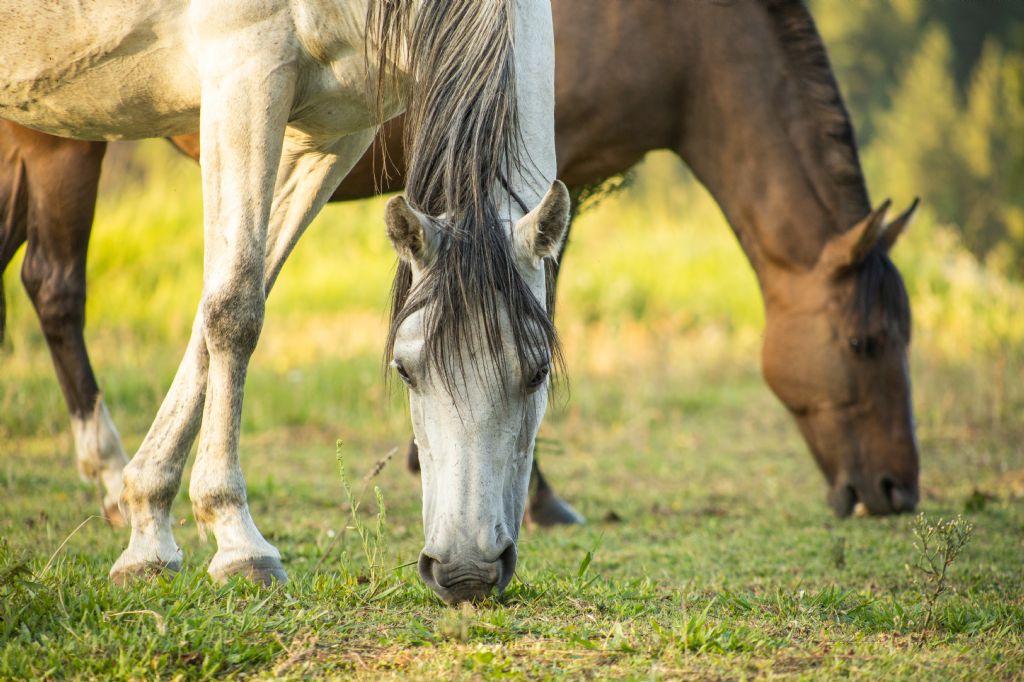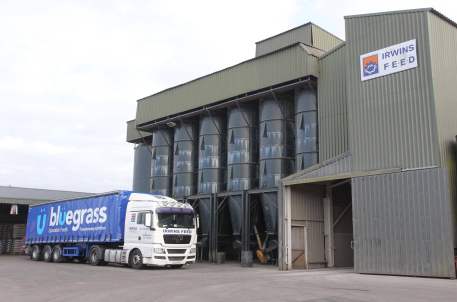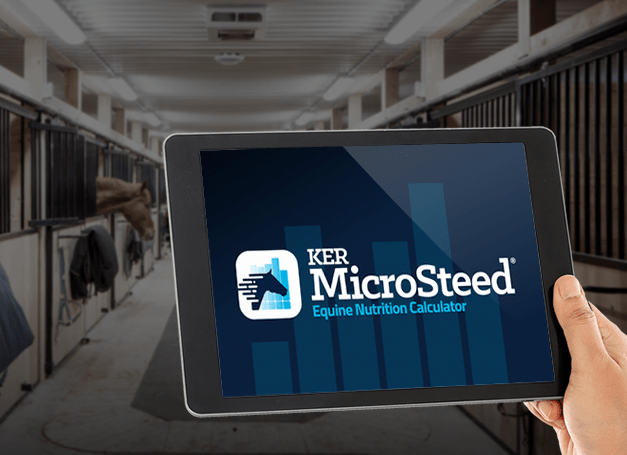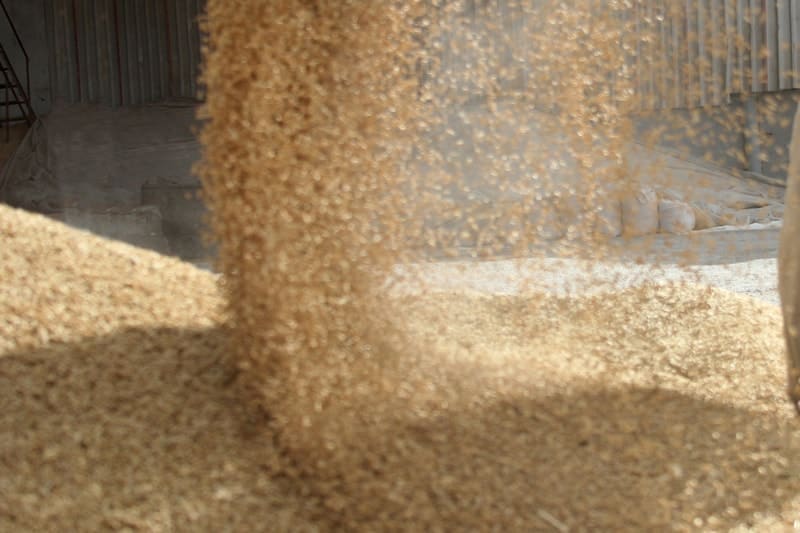Bluegrass News
Pregnant mares require tailored nutrition to support their health and ensure proper foetal development. While dietary changes are minimal during the first four months of gestation, the nutritional demands increase significantly from the fifth month onward. Here's what you need to know:
1. Balance Feeding: Avoid Overfeeding or Underfeeding
From the fifth month of pregnancy through foaling, mares have higher energy needs. By the last month, an average mare consumes 20-22% more calories than her maintenance requirement. Ideally, mares should gain 12-15% of their initial body weight during pregnancy, with most of the gain occurring in the final trimester.
Mares that are too thin may experience prolonged gestation or nutrient deficiencies, while overfeeding can lead to foaling difficulties. Adjust rations regularly and consider a concentrate designed for pregnant mares to provide the right balance of nutrients. KER Nutritionist Catherine Whitehouse, M.S., advises, “Compare your feeding program to manufacturer recommendations as each trimester approaches to ensure proper nutrition.”
2. Avoid Tall Fescue Grass
Tall fescue grass often contains endophytes, a type of fungus harmful to pregnant mares. Consumption can result in prolonged gestation, thickened placentas, weak or stillborn foals, reduced milk production, and breeding difficulties. Pregnant mares should be removed from fescue pastures and hay 60-90 days before foaling to avoid these complications.
3. Ensure Vitamin and Mineral Balance
During late gestation, nutrient needs increase significantly. Vitamins A and E, calcium, phosphorus, and copper are particularly important for foetal bone growth and immune support. Mares relying solely on forage may not meet these requirements. A fortified ration balancer can supply essential nutrients without excess calories.
For mares unable to consume grain concentrates, a high-quality vitamin and mineral supplement can fill nutritional gaps. KER Nutritionist Kathleen Crandell, Ph.D., explains, “A ration balancer can balance nutrients that are low or missing in forage for mares needing calorie control.”
4. Support Gut Health
Maintaining gut health is critical for pregnant mares. While studies show no significant difference in gastric ulcer prevalence between pregnant and non-pregnant mares, prevention is key. Provide consistent access to forage, minimize stress, and avoid high-starch or high-sugar feeds. Including prebiotics and probiotics within the diet can support gut health and nutrient absorption.
How Bluegrass Mare Prepare Supports Pregnant Mares
Bluegrass Mare Prepare is specifically formulated to address the unique needs of broodmares during breeding and pregnancy, supporting both the mare and her foal in four keyways:
1. Epigenomic Support
Mare Prepare includes nutrients like choline, which act as methyl donors essential for DNA methylation. This process regulates gene expression, ensuring healthy foetal development and setting the stage for the foal’s long-term success.
2. Enhanced Conception Rates with Fish Oil
The omega-3 fatty acids in fish oil improve reproductive health and conception rates, increasing the likelihood of a successful pregnancy.
3. Promotes Gut Health
A healthy gut is essential for optimal nutrient absorption and immunity. Mare Prepare contains prebiotics, probiotics, and postbiotics to support digestive health, ensuring mares maximize their nutrient intake.
4. Reduces Stress and Supports Hormonal Balance
With biotics and natural plant extracts, Mare Prepare soothes the digestive system, reduces stress, and creates a balanced hormonal environment. This promotes a healthier pregnancy and positively influences gene expression.
Feeding pregnant mares requires careful planning to meet their changing needs. Keep mares in a body condition score of 5/6, provide consistent access to clean forage and water, and avoid endophyte-infected fescue. For expert guidance and tailored nutritional support contact the Bluegrass Nutritional Team.












